About the Project
Families should not have to choose between gas and food for their kids.
Public services support children and families.
Understanding how families access services, engage with service providers, and use services can help create family-centric systems and solutions. However, in identifying solutions and ideas for change, a significant piece of the puzzle is often missing: the families’ own experiences and perspectives.
Why do families use these services, and how often? How well do they serve families? What would families change about the services they use, if given the chance?
Early childhood is a particularly essential time for the coordination of and provision of needed services. From birth to age eight, children learn and develop more than any other time, and this sets the stage for all future learning.
Predictive factors for school readiness
Multiple factors affect children’s ability to thrive in early childhood and prepare them for school. Research shows that the following factors are most likely to impact school readiness and early academic success:
- Adequate prenatal care and healthy birth weight
- Health insurance: access and utilization
- Nutrition
- Healthy development
- High quality early childhood education
- Optimal language development
- Social-emotional development
- Consistent parenting and positive discipline
- Family income
These predictive factors are supported by the federal, state, and local services that provide families with access to free or low-cost health care, food and nutrition, early childhood education, parenting supports, and financial assistance. How well these services support families can change the trajectory for their children, so it is valuable to understand how families access and use services, engage with service providers, and understand the landscape of services that are available to them.
What we did.
This project uses stories to understand and elevate the voices of California’s families who have experience navigating public services.
To gather families’ perspectives, experiences, and opinions, VIVA Social Impact Partners facilitated six focus groups across three counties in California during the spring and summer of 2019.
In partnership with local community benefit organizations, families in rural and urban settings were recruited for focus groups in two locations each in Fresno, Los Angeles, and San Mateo counties. A total of 55 men and women—parents with children under the age of eight who have accessed public services—participated in the focus groups. Focus group findings are below.
Of the 55 parents, 8 parents participated in videotaped interviews to tell their stories in more detail. See their stories by clicking on Meet the Families in the menu above.

Population: 39,557,045 (as of July 1, 2018)1
Percentage below federal poverty line: 13.3%2
Percentage of households with children below self-sufficiency index: 51%3
Population: 769,545 (estimate as of July 1, 2018)
Percentage below federal poverty line: 6.4%
Percentage of households with children below self-sufficiency index: 42%
Population: 994,400 (as of July 1, 2018)
Percentage below federal poverty line: 21.1%
Percentage of households with children below self-sufficiency index: 64%
Population: 10,105518 (estimate as of July 1, 2018)
Percentage below federal poverty line: 14.9%
Percentage of households with children below self-sufficiency index: 59%
The families who participated in this project have used a range of federal, state, and local public assistance programs. As reported by participants, these include:
Abilities United
Assistance with medicine
Basic Funds
CalFresh
Child Development Center (CDC)
Head Start
Home visiting
Lucile Packard/Gardner Packard Community Clinic
Medi-Cal
MediCare
Peninsula Family Service
Public Housing
Services for children with special needs
Tax Aid
Special Supplemental Nutrition Program for Women, Infants, and Children (WIC)
CalFresh
CalWorks
First 5
Head Start
Home Visiting – Servicios en Casa
Medi-Cal
Section 8
Subsidized Child Care
Temporary Assistance for Needy Families (TANF)
Special Supplemental Nutrition Program for Women, Infants, and Children (WIC)
ABA Therapy
Black Infant Healthcare
CalFresh
CalWorks
Child Care Resource Center (CCRC)
El Nido
The Gain
Great Beginnings for Black Babies
Head Start
Health insurance-provided transportation
Healthy Start
Home Visiting
Hotel vouchers through CalFresh/CalWorks
Housing Authority and U. S. Department of Housing and Urban Development (HUD)
Housing First Transitional Housing
LA Rise
Medi-Cal
Mental Health America
Para los Niños
Parents as Teachers
Project Joy
Section 8
Transitional Subsidized Employment (TSE)
Valley Oasis
Welcome Baby
Special Supplemental Nutrition Program for Women, Infants, and Children (WIC)
Workforce Innovation and Opportunity Act (WIOA)
211 LA County
- 2018 population estimates from U.S. Census Bureau. Accessed September 2019.
- Poverty line data from U.S. Census Bureau. Accessed September 2019.
- Self-sufficiency index data from kidsdata.org. Accessed September 2019.
Findings
The findings of this research are contained in this website in the section titled Public Service Perspectives. More about the families who participated in interviews can be found under Meet the Families.
A downloadable version of the focus group findings can be found here:
Citation:
California family voices: Families’ experiences and ideas about public services. VIVA Social Impact Partners. 2019. www.californiafamilyvoices.org.